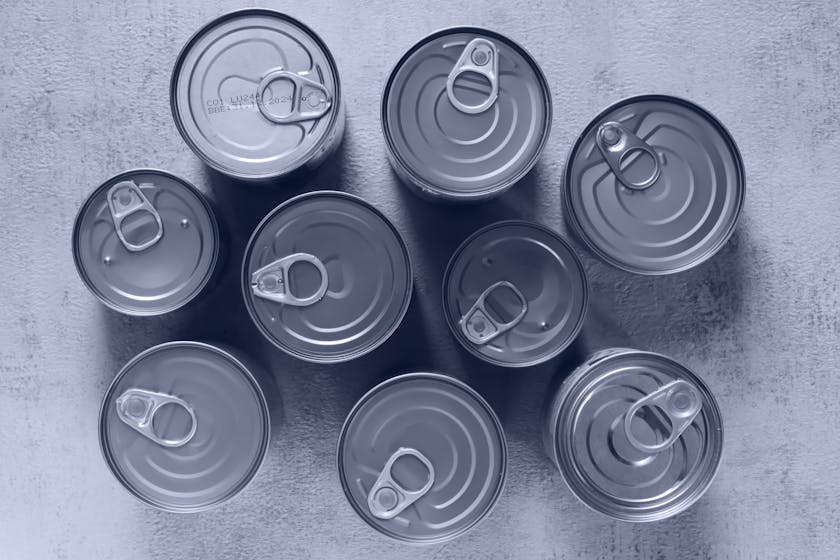When considering bulk meal storage for emergency preparedness, it’s essential to understand the best practices for keeping your supplies safe and ready to use. With unpredictable occurrences such as natural disasters or unexpected events, being well-prepared with a sufficient food supply can provide peace of mind and vital sustenance during challenging times. In this post, we will explore how to effectively manage your bulk meal storage, ensuring that you and your loved ones are well-equipped for any emergency.
Understanding the Basics of Bulk Meal Storage
Before diving into the nuts and bolts of bulk meal storage, it’s crucial to grasp the fundamental principles that govern this crucial aspect of emergency preparedness. These principles revolve around food selection, packaging, labeling, and storage conditions.
Selecting the Right Foods for Bulk Storage
The first step in bulk meal storage is choosing foods that are non-perishable, nutrient-dense, and have a long shelf life. Ideal options include:
- Dried grains such as rice, wheat, and oats
- Legumes like beans, lentils, and chickpeas
- Dehydrated fruits and vegetables
- Powdered milk and dairy substitutes
- Dried meats or jerky
- Canned goods with high liquid content
It’s also important to consider the dietary needs and preferences of your family members when selecting foods for storage.
Packaging and Protecting Your Food Supply
Packaging is a key factor in maintaining the quality and longevity of your stored food. Use airtight containers such as Mylar bags, food-grade buckets, or vacuum-sealed bags to protect against moisture, pests, and potential contaminants.
Labeling for Efficiency and Management
Clearly label each container with the contents, date of packaging, and an estimated expiration date. This practice will aid in the rotation of your supplies and ensure that the oldest items are used first.
Optimal Storage Conditions
Store your bulk food supplies in a cool, dry, and dark place. Basements, pantries, or dedicated storage rooms are ideal, provided they maintain a consistent temperature and are free from dampness.
Creating a Long-Term Meal Storage Plan
With the essentials covered, it’s time to develop a comprehensive plan for your bulk meal storage that will last for an extended period.
Calculate Your Needs
Begin by determining the amount of food your family consumes on a daily basis and multiply that by the number of days you wish to prepare for. A common guideline is to have at least a three-month supply of food per person.
Invest in Variety
Incorporate a variety of food types into your storage to prevent palate fatigue and ensure balanced nutrition. Think about including comfort foods and spices to enhance the taste of your meals.
Consider Special Dietary Requirements
Take into account any allergies, health conditions, or special dietary needs when planning your food storage. This includes infant formula, gluten-free products, or low-sodium options.
Maintaining Your Bulk Meal Storage
Maintaining your bulk meal storage is just as important as the initial setup. Regularly check for signs of spoilage, such as rusted cans, bloated packaging, or off odors, and discard any items that are compromised.
Rotate Your Supplies
Practice the “first-in, first-out” method by using the oldest items in your storage first and replacing them with newer purchases. This rotation ensures that your food supply remains fresh and safe for consumption.
Perform Regular Inspections
Schedule bi-annual inspections of your storage area to assess the condition of your supplies and the environment. Look for any changes in temperature, humidity, or signs of pest infestation.
Stay Informed and Update Your Plan
Stay abreast of the latest recommendations for emergency preparedness from trusted sources. As your family’s needs evolve or new products become available, update your bulk meal storage plan accordingly.
By following these guidelines, your bulk meal storage for emergency preparedness will be a reliable resource when you need it most. Remember, the key to effective emergency planning is not just in the accumulation of supplies, but in the ongoing management and maintenance of your resources.



